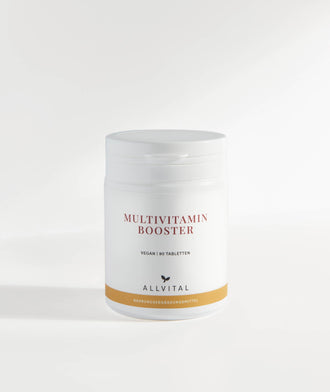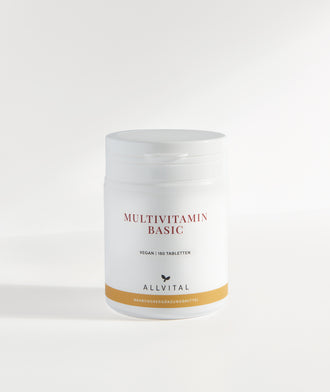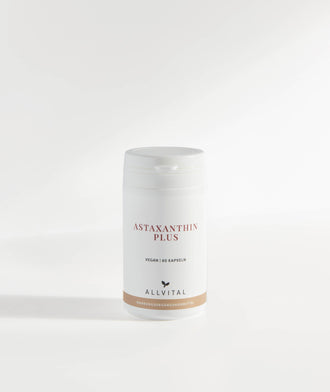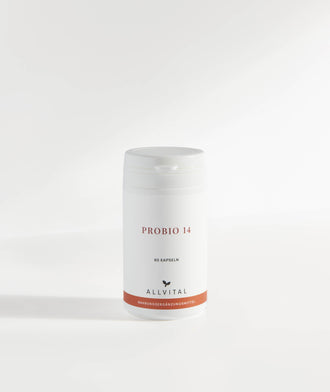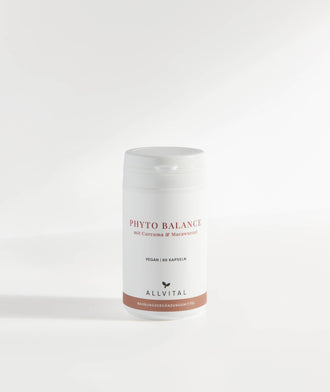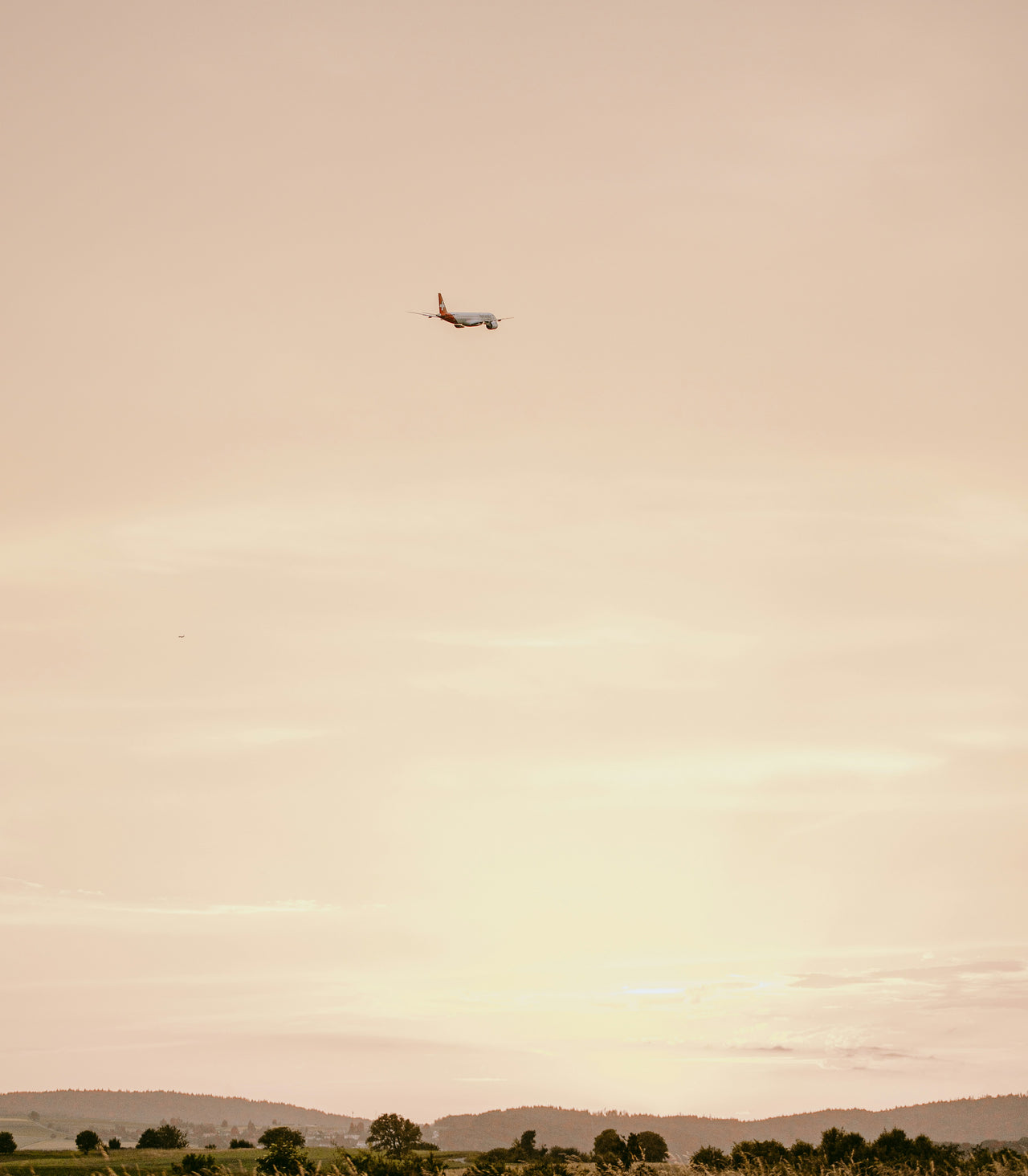
No more jet lag: the best natural strategies for relaxing, long-distance holidays
Jet lag during or after your summer holiday? It doesn't have to be. Support your body with natural supplements and a few tried-and-tested tricks.
Enjoy the summer without a care in the world - regardless of the time zone.
What is jet lag anyway?
Anyone who has ever travelled long distances knows the problem: the body has difficulty adapting to the new time zone. Our bodies may no longer know exactly when it is time to sleep or eat. This disruption of the circadian rhythm can lead to insomnia, fatigue, digestive problems, and other unpleasant symptoms.
Studies have shown that the body's internal clock usually adjusts to new light-dark cycles by about one to 1.5 hours per day. With a seven-hour time difference, it can therefore take between five to seven days for the body to fully adapt ( 4 ).
Fortunately, jet lag can be minimised or even avoided altogether. In the following, we will introduce you to methods and remedies that are effective and scientifically proven.
Adjust your bedtime ahead of travel
The most effective way to avoid jet lag is to adjust your sleep-wake rhythm to the new time zone before travelling. Studies show that a gradual adjustment can significantly reduce the symptoms of jet lag ( 5 ).
Here's how: Start about a week before departure. Shift your bedtime by 15 to 30 minutes every day. For example, if you are flying westwards, i.e. North or South America, go to bed later than usual. Are you flying eastwards, for example to Asia? Then go to bed earlier than you normally would.
Daylight as therapy
Light plays a key role in regulating the circadian rhythm. Exposing the body to bright lights at the right time of day can help adjust the sleep-wake rhythm to new time zones ( 6 ).
Here's how: After arriving in your new time zone, spend as much time outdoors as possible - especially in the morning. This will help your body acclimatise more quickly.
Take melatonin
Melatonin is a hormone that our body uses to regulate our sleep-wake cycle. Taking melatonin supplements at the right time can help you adjust to a new time zone ( 2 ).
Here's how: Take melatonin about an hour before going to bed in your new time zone. Follow the recommended dosage and talk to your doctor if necessary.
Drink plenty of water
When travelling by plane, we can quickly become dehydrated due to the dry air in the cabin. This is not only unhealthy but can also worsen jet lag. Drinking enough water is therefore essential when flying long distances (1).
Here's how: Drink water regularly during the flight. Avoid caffeinated or alcoholic drinks, as these can have a dehydrating effect.
Get moving
Don't worry you don't have to suddenly become an athlete if you don't enjoy it. Even light physical activity can help to stabilise your circadian rhythm and alleviate the symptoms of jet lag ( 3 ).
Here's how: Walk around the plane during the flight and plan simple stretching exercises. Go for regular walks outside in the first few days after your arrival.
The right sleeping environment
A suitable sleeping environment can help to improve sleep quality and reduce jet lag (8). Of course, we only have limited impact on our sleeping environment when staying in a hotel, but with a few tricks you can adjust things in no time at all.
Here's how: Make sure your sleeping area is dark, quiet, and comfortable. Ear plugs and eye masks can be helpful. It is best to buy these items before travelling and get used to them while you are still at home.
Light meals
The right diet can also prevent or at least minimise jet lag. Light, balanced meals in particular help the body to adapt to new time zones ( 7 ).
Here's how: Avoid heavy, greasy meals before and during the flight. Instead, opt for easily digestible foods such as fruit, vegetables, and lean protein.
Conclusion
Jet lag can be very unpleasant but can be avoided quite naturally. You now know the right strategies: adjusting your bedtime before travelling, light therapy and melatonin; drinking enough, eating light and exercising regularly. Keep your bedroom quiet and dark for a good night’s rest. This way, you can easily adapt to a new time zone when travelling abroad and enjoy a relaxed summer.
To further enhance your holiday experience and ensure you return rejuvenated, consider packing essential nutritional supplements. Discover the top five must-have supplements for your next trip in our detailed guide here.
Sources:
- Armstrong, L. E., Johnson, E. C., Bergeron, M. F., & Casa, D. J. (2016). Hydration strategies: Practical tips for staying hydrated during and after exercise. ACSM's Health & Fitness Journal, 20(3), 18-23.
- Arendt, J., Stone, B., & Skene, D. J. (2008). Sleep disruption in jet lag and other circadian rhythm-related disorders. Sleep Medicine Clinics, 3(2), 231-239.
- Barger, L. K., Wright, K. P., Jr, & Czeisler, C. A. (2004). Sustained exercise performance maintained after sleep loss with mild hypothermia. Aviation, Space, and Environmental Medicine, 75(9), 790-796.
- Eastman, C. I., & Burgess, H. J. (2009). How to travel the world without jet lag. Sleep Medicine Clinics, 4(2), 241-255
- Hirshkowitz, M., Whiton, K., Albert, S. M., Alessi, C., Bruni, O., DonCarlos, L., & Neubauer, D. N. (2015). National Sleep Foundation's sleep time duration recommendations: methodology and results summary. Sleep Health, 1(1), 40-43
- Roenneberg, T., & Merrow, M. (2007). Entrainment of the human circadian clock. Cold Spring Harbor Symposia on Quantitative Biology, 72, 293-299.
- Smith, M. R., Eastman, C. I., & Robinson, C. S. (1997). The role of diet in the phase-shifting effects of bright light. Journal of Biological Rhythms, 12(1), 3-15.
- Stepanski, E. J., & Wyatt, J. K. (2003). Use of sleep hygiene in the treatment of insomnia. Sleep Medicine Reviews, 7(3), 215-225.


